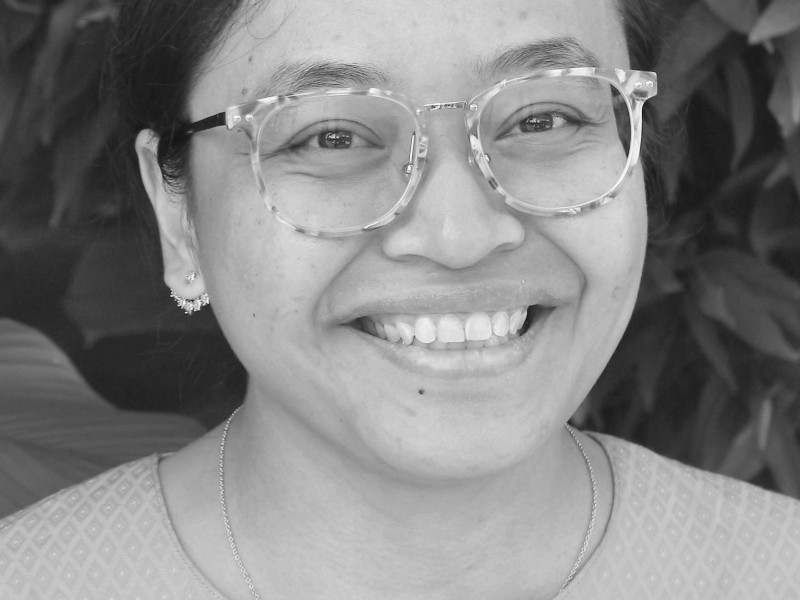 | Siti Hazirah Binte Mohamad PhD Candidate - University of Toronto |
-
03.02.2026-27.03.2026
Die, die must live?: An Institutional Ethnography of Palliative Care in the Necropolitical Singaporean State
Previous published research that I have conducted highlight discordance and ethical dilemmas faced by EOL caregivers due to their role as proxy decision-makers. The extent to which healthcare financing structures affect EOL decision-making has also previously been documented extensively in other settings. However, the impact of healthcare financing structure on decision-making, especially from a social rather than economic perspective is relatively understudied in Singapore.
The issues related to this knowledge gap reveal three potential areas of exploration; i) we do not know whether affordability affects Singaporean's decisions to access palliative care, ii) we do not know whether affordability may be leading people to access palliative care when other EOL services would be more appropriate, and iii) we do not know how this is experienced by patients and their caregivers. These questions are especially pertinent due to the increase in research pointing out palliative care as an intervention that both cost less and lead to better outcomes among patients, which are forming the evidence base in the stronger push for its integration within mainstream healthcare structures. However, prioritizing the cost-effectiveness of palliative care is not without its detractors, with questions surrounding the compatibility between health economics and EOL care.
The question surrounding the value of citizens’ lives is not a singular concern. In his seminal text, health economist Victor Fuchs (1975/2011) posed the question of “Who shall live?”, but I argue that the question should instead be “Who does the state allow to live?, via the treatment options that it chooses to subsidise or not. By examining the decision-making process that EOL patients and caregivers undergo, and paying particular attention to the financial considerations that undergird it, I directed my inquiry towards the following research questions: 1) From the standpoint of end-of-life patients and caregivers, how are ruling relations enacted through the process of decision-making in the transition from curative to palliative care? 2) How can these ruling relations be further mapped in the form of funding policies and by extension, the valuation of life by the state?
This dissertation is structured in the form of three papers (as opposed to a monograph). The first paper is an empirical paper based on my year-long fieldwork conducted in 2024 in Singapore. The paper is mostly focused on the creation of an online map which provides an overview on how decision-making is influenced by policy and vice versa, based on the principles and processes outlined in institutional ethnography. The second paper is primarily a policy analysis of the healthcare financing structure in Singapore through the concepts of biopower and necroeconomies. The third paper is based on a normative policy analysis and recommendation by utilizing Young’s of social justice and five faces of oppression.
In particular, during my time at Brocher, I would like to focus mostly on the third paper, which utilizes the bioethical framework proposed by Iris Marion Young most strongly. While all three papers contains bioethical elements and concerns, it is the third paper where these questions are at the forefront. I aim to trouble the notion of valuation common in palliative care research and engage in a normative analysis of resource allocation. This contrasts with the previously described health economics heavy approaches currently adopted in the EOL research landscape, including in Singapore. Low socioeconomic income status patients and caregivers in Singapore, by this live under domination in Singapore as they are subject to forms of regulation which conditions their ability to access treatments, whether it is through the tiered subsidy system which comes with higher forms of surveillance for the lower the income through MediFund.
The dissertation also addresses themes related to health inequities, biopolitics and necropolitics, racial and colonial contexts of death, dying and grief due to the colonial context leading to the entrenchment of the ethnic minority group, the Malays into lower socioeconomic income brackets and thus those who are most impacted by differential access to healthcare, and power and inequalities in the context of death and dying due to the structure of the healthcare financing system which is directly tied to wage work in funding of the medical savings account in Singapore.






 Précédent
Précédent